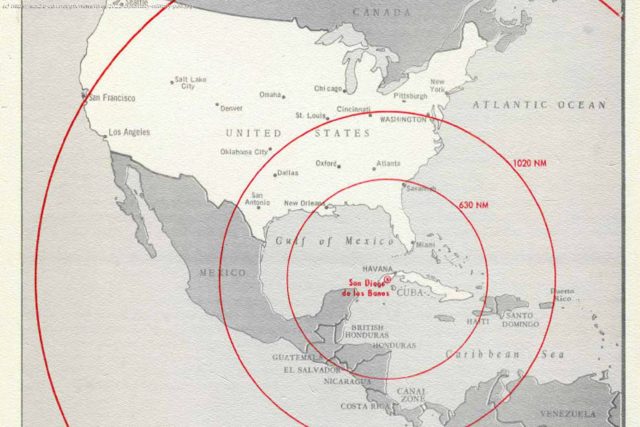As concerns grow that the war in Ukraine could expand into a nuclear conflict, U.S. President Joe Biden compared the current situation to the Cuban missile crisis, a Cold War confrontation between the U.S. and the U.S.S.R. over Soviet missiles placed in Cuba in 1962.
As concerns grow that the war in Ukraine could expand into a nuclear conflict, U.S. President Joe Biden compared the current situation to the Cuban missile crisis, a Cold War confrontation between the U.S. and the U.S.S.R. over Soviet missiles placed in Cuba in 1962.
«We have not faced the prospect of Armageddon since Kennedy and the Cuban missile crisis,» Biden said recently—a quote frequently repeated in the media.
Not everyone thinks the comparison is apt.
«We’re in another crisis that could escalate to a nuclear war that involves the United States and a government in Moscow,» said Philip Zelikow, the White Burkett Miller Professor of History at the University of Virginia. «Those points aside, I don’t think the crises are very much alike.»
Zelikow, the former director of the Miller Center and co-editor, with Ernest R. May, of «The Kennedy Tapes: Inside the White House During the Cuban Missile Crisis» and co-author, with Graham Allison, of «Essence of Decision: Explaining the Cuban Missile Crisis,» looked back over the Cuban situation that unfolded 60 years ago this month.
The crisis started not with Cuba, but rather with the general test of nuclear strength that had come to a focal point over Berlin. The former German capital had been divided after World War II into sectors for the Soviets, the French, the British and the U.S., but was surrounded by Soviet-controlled East Germany.
The Berlin crisis was the most serious confrontation in the Cold War, Zelikow said, and the Soviets were adamant that the Western powers leave their sectors of Berlin. Zelikow said the construction of the Berlin Wall in October 1961 was only a stopgap measure that did not end the crisis.
«This kind of hole inside the Soviet bloc was no longer tolerable,» Zelikow said. «Khrushchev delivered that ultimatum beginning in 1958. And the Americans were in a position where, from a conventional point of view, they didn’t have the forces to stop it. The only way to keep the Soviets from doing that was to threaten to start a nuclear war.»
Zelikow said Khrushchev regarded this American position as incredibly risky and arrogant. One way to bring American leaders to reason was to make it clear the Soviet Union, too, had plenty of nuclear weapons that could easily threaten the United States, Zelikow said.
«A deployment to Cuba would demonstrate that,» Zelikow said.
But Khrushchev knew the deployment had to done secretly, until he was ready to unveil the missiles in November 1962. «At that time, he planned to bring the Berlin crisis to a victorious conclusion, and repeatedly, in quite crude and emphatic ways, secretly warned Kennedy and the West Germans that he would do this in November.» Zelikow said.
Tens of thousands of Soviet troops and weapons accompanied the missiles to Cuba. It was the largest deployment of troops outside of Europe in the Soviet Union’s history. The buildup also included anti-aircraft missiles, which were among the first missiles that they deployed there before the nuclear missiles arrived.
The U.S. could see the Soviets were shipping weapons and people into Cuba, though the Soviets downplayed the deployments.






